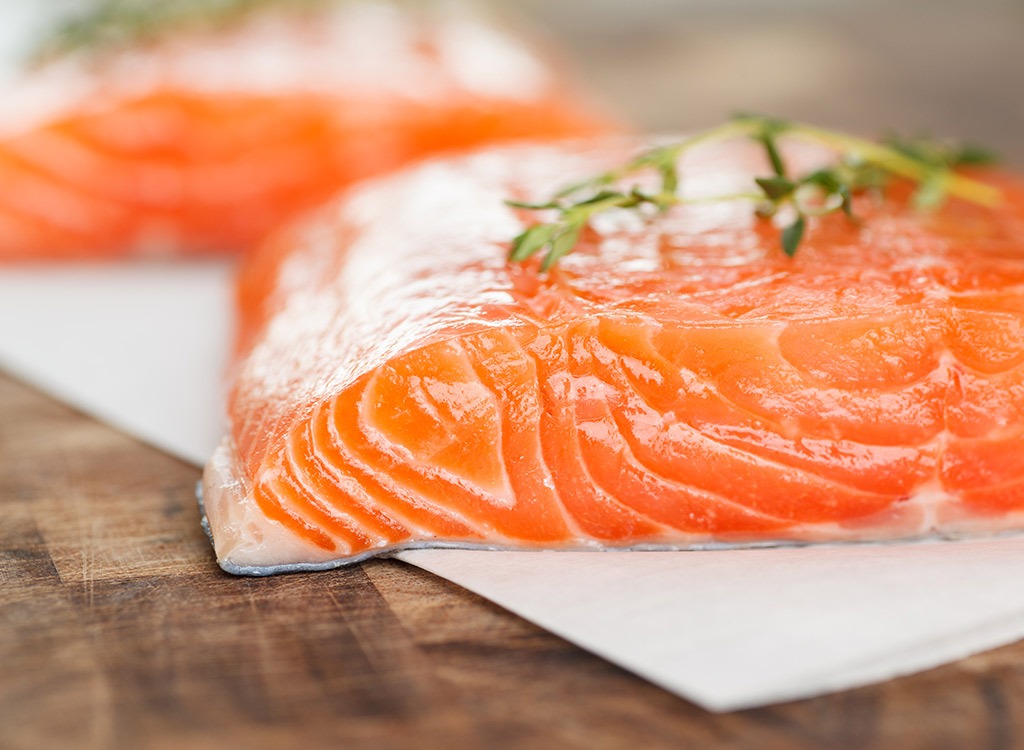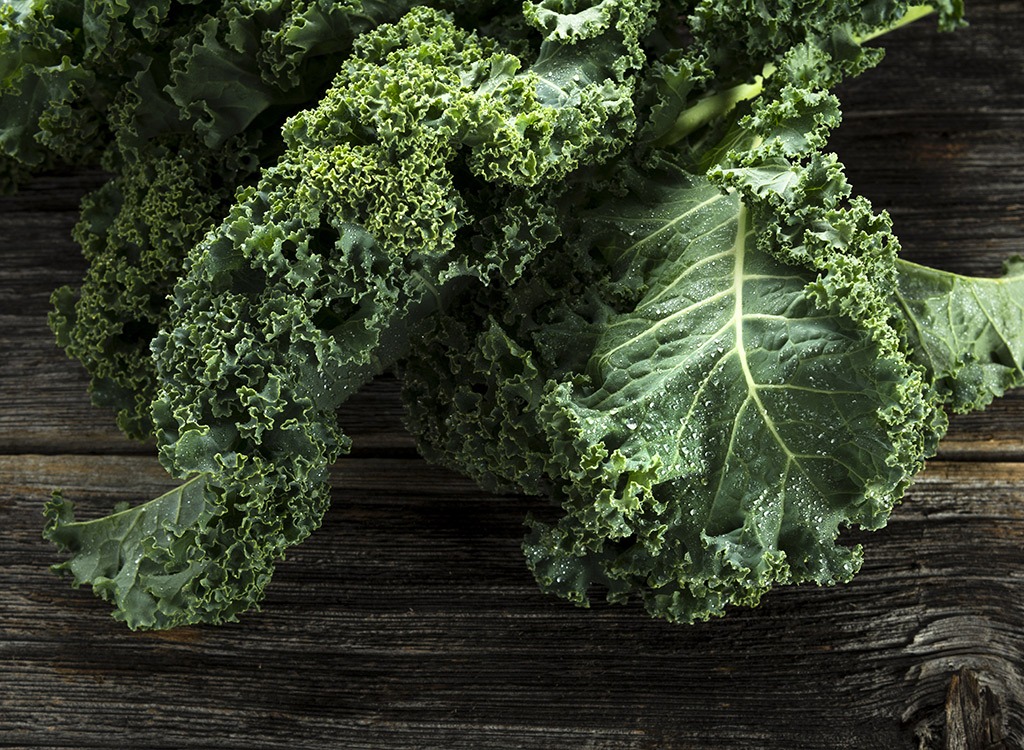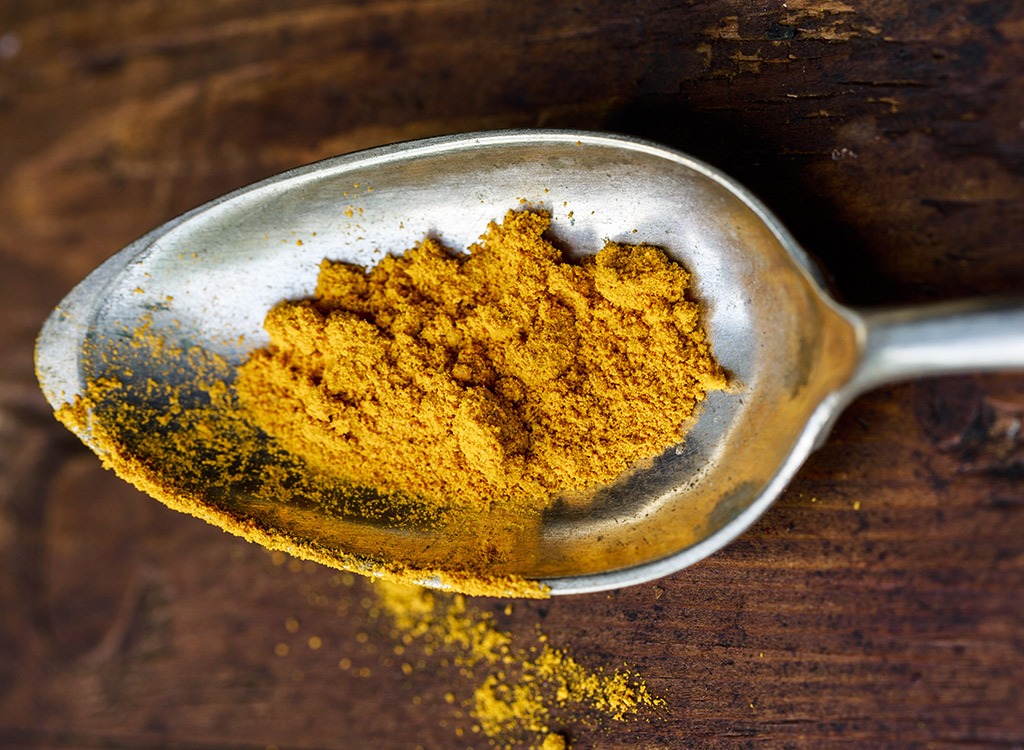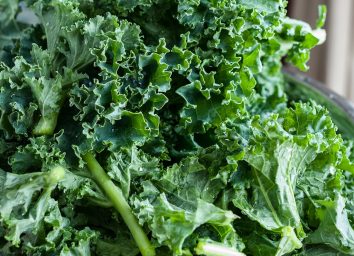
We’ve all heard the phrase “body and mind.” The two are mutually dependent; one cannot exist without the other. Why, then, do we spend so much time only focusing only on the body? We expend all of our energy counting calories, endlessly working out, and searching for the best weight loss tips that will finally give us our dream body. Unfortunately, most of us forget that our brains are the engine behind our bodies.
It’s time to stop being all brawn and no brains! A healthy brain is the first step towards a better body because it ensures that you can burn fat, make smart decisions about nutrition, have the coordination and energy to exercise, and much more.
It’s easier than you think (no pun intended!) to give your brain a little lovin’. The recipe for improving brain health is the same as body health: nutritious food, exercise, and healthy habits. We’re giving you all the tips you need to boost your brainpower for a better mind-body connection and healthier life overall. Check ’em out and also be sure to get more ideas from these 30 Healthy Habits Fit People Live By.
Brain Food

Read on to get some food for thought—and some memory and reasoning and coordination, too!
Omega-3s

Healthy fats are the health food that just keeps on giving. First, it was discovered that they do amazing things for your waistline; then it came out that they can majorly improve heart health; and now it’s been proven that they can enhance the function of the most vital organ in your body—your brain! Omega-3s, a specific kind of healthy fat, are made up of fatty acids like DHA and EPA. These fatty acids are highly concentrated in the brain and are essential for proper cognitive function. So, where can you find your daily sources of DHA and EPA? Foods like salmon, chia seeds, and walnuts are high in these omega-3s and are easy additions to your already healthy diet. To get a major boost of brainpower, be sure to work omega-3s into your meals daily.
Leafy Greens

Leafy greens like kale and spinach are loaded with vitamin K, lutein, and beta-carotene. A recent study at Rush University found that this combination is the trifecta of mind-enhancing nutrients! The study followed a group of subjects for 10 years to find a connection between leafy green intake and cognitive decline. Sure enough, those who consumed more leafy greens over time were less likely to experience a decrease in brain function with age. If you haven’t already been convinced to eat your kale, keep this tip in mind for your mind!
Blueberries

That coworker just introduced herself to you and you already forgot her name. You’ve been living in this city for months and you’re lost again. You try yoga for the first time and you feel like a major clutz.
Sound familiar? There’s hope for you! A study out of Tufts University has discovered that blueberries can help improve short-term memory, navigational skills, balance, and coordination. That’s right; just a few of those sweet, little superfoods can get your gears turning and your body working better than ever before. This is due to an antioxidant called anthocyanin that’s found in blueberries. The antioxidant has been linked to improved brain function because it boosts the connection between neurons (the cells that make up your brain and nervous system). With better communication between neurons, your body is able to do things more efficiently and more precisely. Talk about a mind-body connection!
Turmeric

This one may seem a little obscure. Why is this dusty, orange spice making it on our list of best brain foods? Well, turmeric has been a cranium-favorite ever since research at Swinburne University of Technology in Australia found that within an hour of consuming curcumin (the compound found in turmeric), people were better able to focus on the task at hand and experienced significant memory boosts. What’s more? A study at Yale University and the City University of New York is taking turmeric to the next level in that they’ve found that the curcumin could also help you block bad memories. That means that emotionally traumatizing events can be left in the (turmeric) dust, leaving you less stressed in the long run. Since stress has been linked to more rapid cognitive decline and increased weight gain, we have to wonder what you’re waiting for when it comes to getting on board the turmeric train.
Dark Chocolate

Chocolate on a health food website? We can see your smile from here. Chocolate—specifically dark chocolate—is rich in fiber, iron, magnesium, and flavonols. What the heck are flavonols, you might ask? Flavonols are the compounds found in dark chocolate that enhance blood vessel function. When blood vessels are working better, blood flow improves, including blood flow to the brain—ultimately resulting in upgraded cognitive function. Additionally, the caffeine in dark chocolate provides fast, clean fuel for the brain, making dark chocolate a quick fix as well as a long-term solution for your brain. So, if you’ve banned chocolate because you’re afraid it will make you pack on some pounds, we’re here to change your mind—because, well, it will literally change your mind for the better.
Eat This! Tip: Make sure you choose a dark chocolate that is 70% cacao or more since cacao is where those essential flavanols are found. This type has far less sugar than other chocolates and is proven to speed up your metabolism!
Brain Workouts

Become your own personal trainer! Learn how to train your brain with these five tips.
Puzzles

Does your morning start with reading the morning paper and completing the daily crossword on the back? It should. Word recall tasks and other brain challenges (see: Sudoku) may decrease your risk of Alzheimer’s disease, according to a recent study at the University of California, Berkeley. The scientists believe that brain challenges prevent the buildup of beta-amyloid in the brain, the protein that accumulates in the brain of Alzheimer patients.
So, for an easy and fun way to keep your head healthy, grab a pen and a puzzle and a healthy breakfast. Just a crossword a day could help keep the doctor away!
Brain Games

Not all video games are created equal. In recent years, online brain training programs have popped up all over the internet. You’ve probably seen the commercials for Luminosity, or perhaps you’ve heard about Cogmed, the brain game program that supposedly decreases ADHD symptoms. Massive amounts of research have been done on the effectiveness of brain games. In 2014, scientists from top research universities across the nation gathered to publish the largest study on cognitive training ever completed, called ACTIVE. The study found that certain brain games are highly effective at boosting processing speeds, memory, attention, and more!
Learn a New Instrument

While simply listening to music sparks activity in the brain, physically playing music is the equivalent of a full body workout for your mind. It engages almost every area of the brain at once—especially the visual, auditory, and motor cortices. In the way that practicing for a sport improves your performance, the same thing is true in music. Research out of Northwestern University proves that learning a new instrument gives your visual, auditory, and motor cortices a workout that improves their overall function. Learning a new instrument keeps your brain parts toned the same way your muscles stay toned with running or weight lifting. So, if the thought of playing the guitar or piano has ever crossed your mind, we say to go for it!
Read a Novel

Perhaps you love the Harry Potter series or maybe your guilty pleasure is 50 Shades of Grey. Whatever you like to read, recent research from Emory University found that merely by reading a novel, you can improve connectivity in the brain. Connectivity refers to things like the connection between the different brain hemispheres and the connection from neuron to neuron (those little cells that make up your brain). The key aspect of this study was that not only did the act of reading a novel light up circuits in the brain, but rather it had lasting effects on these circuits. So, if that long novel seems a little daunting, just remember that it can have amazing long term effects on your cranial connections.
Physical Exercise

Brain exercises are great and all, but most neuroscientists agree that there is one kind of exercise that produces the most long-lasting, transformational effects on the brain: actual exercise. That’s right, we’re talking about that mind-body connection again. Working out increases blood flow, which as we know, improves brain function. Additionally, hitting the gym causes your body to release BDNF, a protein that stimulates the growth of new neurons. Plus, you’ll metabolize glucose and lipids much faster, providing your brain with the fuel it needs (all the while boosting your metabolism). So, for an activity that will help you shed those pounds and give your brain a boost, lace up your shoes, pick up those weights, and get moving.
Brain Habits

Mind over matter! Put your foot down and follow some healthy habits that will change your brain and change your life.
Sleep More

“Sleep on it.” It turns out that idiom has some impressive truth to it. Research published in the journal Current Biology found that your body synthesizes information overnight—so that when you wake up, you are ready to make a decision. If we were ranking our brain training tips, sleep would beat the other tips “lights out.” While you sleep, you allow your brain a little “me time.” In addition to decision making, your brain can focus on memory, connections, and housekeeping as the rest of the body shuts down. Further research has proven that sleep allows your body to create and fortify memories, make remote connections, and clear out toxins. Plus, sleep is on our list of ways to lose 10 pounds, making catching some extra Z’s a no-brainer.
Hang Up

Most of us ignore the consistent warnings about cell phones in favor of scrolling through Instagram or sending an embarrassing Snapchat. But hold the phone! New research out of the journal Social Psychology has found that cell phones reduce our cognitive ability and attention spans. Plus, the blue light that most iPhones emit ruins our sleep patterns that are incredibly important for proper brain function. Put the device down already.
Get Social

If you’re a socialite, we have good news! Scientists at Duke University and Johns Hopkins found that spending more time socializing significantly delays the onset of dementia and Alzheimer’s. Activities like visiting with friends and family or becoming a member of a club were particularly effective in preventing memory loss. Furthermore, research from the University of Michigan found that simple conversations with friends can increase cognitive ability immensely. The more socially engaged the participants in the study were, the better they scored on arithmetic tests. So, grab a meal with friends, go to a party, or go home to see your family. Set your inner social butterfly free and you’ll set your brain up for success!
Lose the Booze

Ditching booze is already on our list of ways to lose 10 pounds fast. But here’s one more reason to limit your alcohol intake: Alcohol consumption has been linked to memory loss, depression, slowed cognitive performance, and more. Do your brain (and body!) a favor and lose the booze.
Meditate

Even a relatively short stint of meditation can have some long-lasting brain benefits. Meditation has been linked to higher levels of happiness and lower levels of stress, which makes for a good combination for how to lose body fat. Meditation is all about being mindful of the tangible things in your life and letting the intangibles (your thoughts, your anxieties, your emotions) bounce off of you. The tangible things in your life include people, things, nature, and your body. Meditation, in many ways, is the epitome of the mind-body connection that we’re such big fans of! So, go ahead and roll out your yoga mat or simply learn the basics here to bring your brain and body together in harmony.








